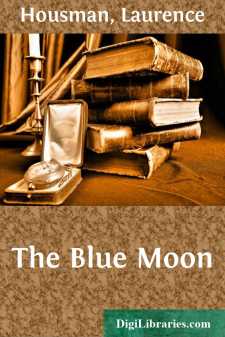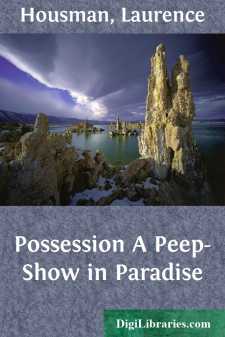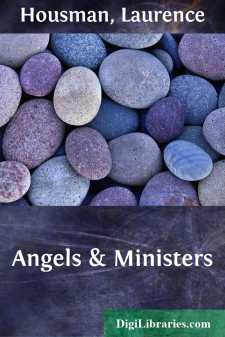Categories
- Antiques & Collectibles 13
- Architecture 36
- Art 48
- Bibles 22
- Biography & Autobiography 815
- Body, Mind & Spirit 144
- Business & Economics 28
- Children's Books 18
- Children's Fiction 14
- Computers 4
- Cooking 94
- Crafts & Hobbies 4
- Drama 346
- Education 58
- Family & Relationships 59
- Fiction 11834
- Games 19
- Gardening 17
- Health & Fitness 34
- History 1378
- House & Home 1
- Humor 147
- Juvenile Fiction 1873
- Juvenile Nonfiction 202
- Language Arts & Disciplines 89
- Law 16
- Literary Collections 686
- Literary Criticism 179
- Mathematics 13
- Medical 41
- Music 40
- Nature 179
- Non-Classifiable 1768
- Performing Arts 7
- Periodicals 1453
- Philosophy 65
- Photography 2
- Poetry 896
- Political Science 203
- Psychology 44
- Reference 154
- Religion 515
- Science 126
- Self-Help 85
- Social Science 82
- Sports & Recreation 34
- Study Aids 3
- Technology & Engineering 59
- Transportation 23
- Travel 463
- True Crime 29
Our website is made possible by displaying online advertisements to our visitors.
Please consider supporting us by disabling your ad blocker.
King John of Jingalo The Story of a Monarch in Difficulties
by: Laurence Housman
Categories:
Description:
Excerpt
A DOMESTIC INTERIOR
I
The King of Jingalo had just finished breakfast in the seclusion of the royal private apartments. Turning away from the pleasantly deranged board he took up one of the morning newspapers which lay neatly folded upon a small gilt-legged table beside him. Then he looked at his watch.
This action was characteristic of his Majesty: doing one thing always reminded him that presently he would have to be doing another. Conscientious to a fault, he led a harassed and over-occupied life, which was not the less wearisome in its routine because no clear results ever presented themselves within his own range of vision. By an unkind stroke of fortune he had been called to the rule of a kingdom that had grown restive under the weight of too much tradition; and constitutionally he was unable to let it alone. So must he now remind himself in the hour of his privacy how all too fleeting were its moments, and how soon he would have to project himself elsewhere.
Glancing across the table towards his consort he saw that she was still engrossed in the opening of her letters—large stiff envelopes, conspicuously crested, containing squarish sheets of unfolded note-paper; for it was a rule of the Court that no creased correspondence should ever solicit the attention of the royal eye, and that all letters should be written upon one side only. The Queen was very fond of receiving these spacious missives; though they contained little of importance they came to her from half the crowned heads of Europe, as well as from the most select circle of Jingalese aristocracy. They gave occupation to two secretaries, and were a daily reminder to her Majesty that, in her own country at any rate, she was the acknowledged leader of society.
Having looked at his watch the King said: "My dear, what are you going to do to-day?"
"Really," replied the Queen, "I don't quite know; I have not yet looked at my diary."
Her Majesty seldom did know anything of the day's program until she had consulted her secretaries, who, with dovetailing ingenuity, arranged her hours and booked to each day—often many months in advance—the engagements which lay ahead. Therein she showed a calmer and more philosophic temperament than her consort. The King always knew; every day of his life with anxious forecast he consulted his diary while shaving, and breakfasted with its troubling details fresh upon his recollection.
Having answered his inquiry the Queen relapsed into her correspondence, while the King resumed his newspaper; and the moment may be regarded as propitious for presenting the reader with a portrait of these two august personages, since so good an opportunity may not occur again. The kind of portrait we offer is, of course, of an up-to-date and biographical character, and does not limit itself to those circumstances of time and space in which the commencement of this history has landed us.
So, first, we take the King,—not as we have just found him, seated at a table with chair turned sideways and features sharply illuminated by the reflected lights of the journal he holds in his hands—for thus we do not see him to advantage, and it is to advantage that we would exhibit in its externals a character of which, before we have done with it, we intend to grow fond....







